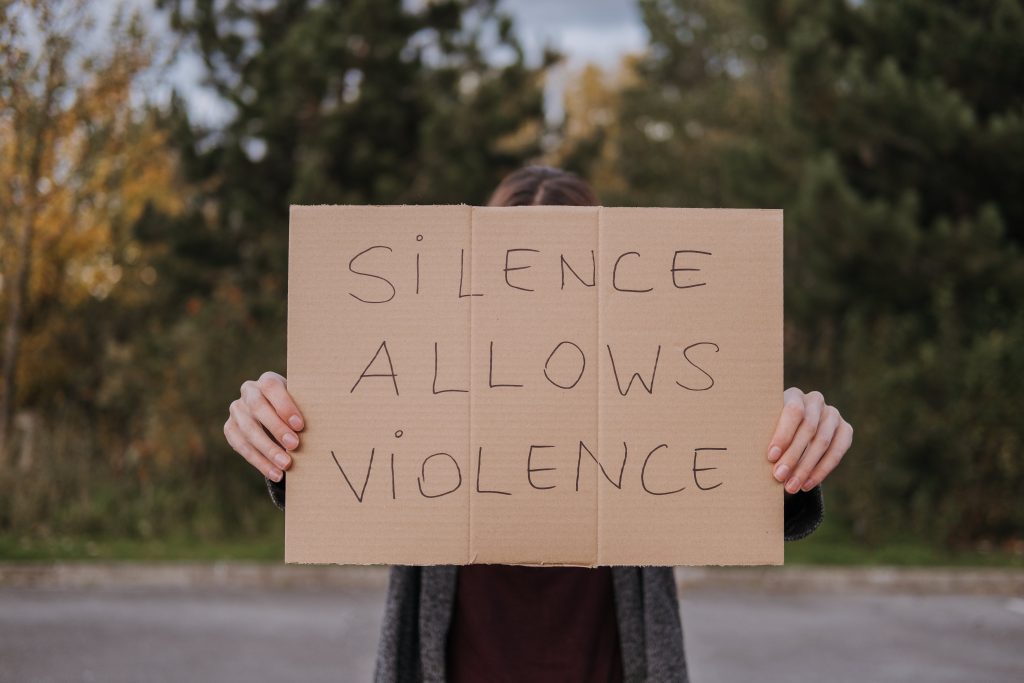Intimate partner violence (IPV) is a serious and pervasive issue that can have devastating consequences for individuals and families. Whether it’s physical, emotional, or sexual abuse, no one should ever have to endure violence or coercion in their relationships. In this blog post, we’ll explore practical strategies and resources for protecting yourself from intimate partner violence, empowering you to prioritize your safety, well-being, and autonomy.
Understanding Intimate Partner Violence: Intimate partner violence encompasses a range of abusive behaviors that occur within romantic or intimate relationships. It can manifest in various forms, including physical, emotional, psychological, sexual, or financial abuse. Recognizing the signs of IPV is the first step towards protecting yourself and seeking support.
- Know the Signs: Familiarize yourself with the common signs of intimate partner violence, including physical injuries, controlling behavior, jealousy, isolation from friends and family, and threats of harm or retaliation.
- Trust Your Instincts: If something doesn’t feel right in your relationship, trust your instincts and pay attention to red flags or warning signs. Your safety and well-being should always come first.
Strategies for Protecting Yourself:
- Establish Boundaries: Set clear and firm boundaries with your partner regarding acceptable behavior and treatment. Communicate your needs, desires, and limits openly and assertively.
- Build a Support Network: Cultivate relationships with trusted friends, family members, or support groups who can offer emotional support, guidance, and assistance if needed.
- Document Incidents: Keep a record of any incidents of abuse or harassment, including dates, times, and descriptions of what occurred. Documenting evidence can be invaluable if you decide to seek legal or protective measures.
- Create a Safety Plan: Develop a personalized safety plan that outlines steps you can take to protect yourself in moments of crisis or escalation. This may include identifying safe places to go, memorizing emergency contact numbers, and keeping important documents and belongings accessible.
- Seek Professional Help: Reach out to qualified professionals, such as therapists, counselors, or domestic violence advocates, who can provide support, guidance, and resources tailored to your needs.
- Know Your Rights: Educate yourself about your legal rights and options for seeking protection from intimate partner violence. This may include obtaining restraining orders, filing for divorce or separation, and accessing support services for survivors.
Resources for Support and Assistance:
- National Domestic Violence Hotline: Provides confidential support, information, and resources for individuals experiencing domestic violence. Call 1-800 Respect or visit their website for assistance.
- Local Domestic Violence Shelters: Many communities have shelters or safe houses that provide emergency housing, counseling, and support services for survivors of intimate partner violence.
- Legal Aid Organizations: Seek assistance from legal aid organizations or pro bono attorneys who can provide information and guidance on legal options for protecting yourself from IPV.
- Therapy and Counseling Services: Consider seeking therapy or counseling from professionals who specialize in trauma and domestic violence. Therapy can provide a safe and supportive space to process your experiences, heal from trauma, and develop coping strategies for moving forward.
Conclusion: Intimate partner violence is a serious and pervasive issue that requires proactive measures to protect oneself and seek support. By understanding the signs of IPV, establishing boundaries, building a support network, and accessing resources for assistance, individuals can empower themselves to prioritize their safety, well-being, and autonomy. If you or someone you know is experiencing intimate partner violence, know that help is available, and you are deserving of support and care.










